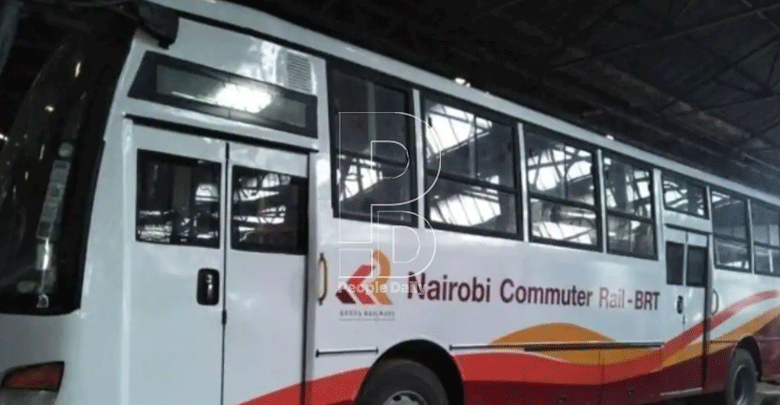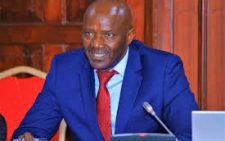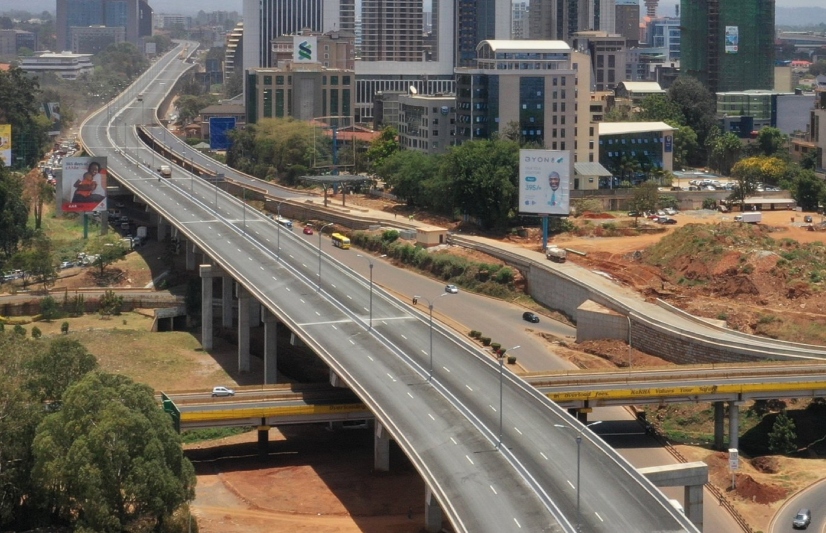Electric rapid bus transport windfall near

Kenya’s planned shift to a electricity powered transport system received a boost after the government announced that the Bus Rapid Transit (BRT) will run electric buses, a precedent setting move that will shape the sector.
The move will be the biggest experiment on electric mobility in the country, and could prove the viability of electric buses helping to inform procurement decisions of bus company operators.
Principal Secretary for Housing and Urban Development Charles Hinga said the government will procure the BRT buses via public private partnership (PPP).
“We are making good progress, fabrication of stations is ongoing, park and ride facilities, bus depots, command centres all under construction. Electric buses will be procured via a PPP,” said Hinga.
Lower costs
Electric buses are highly efficient and have lower operating costs than diesel buses.
Fuel savings can be significant when comparing electricity with diesel, and the buses also have fewer moving parts and maintenance needs.
These utilities also offer many additional benefits compared to their fossil counterparts.
They have superior image and comfort, avoid stranded assets from investing in fuel infrastructure, use locally renewable energy and ensure energy sovereignty by displacing oil consumption.
“It is our hope that all the savings could make buses more affordable and safer,” said Parvel Ruto a commuter from Ngong.
The project will start with 60 electric buses that will be procured from China based manufacturer BYD Auto Company. But heavy demand for BYD buses by cities across the world could delay the project.
The government has already announced that the commencement date for the service has been postponed to February next year.
PSV operator Neo Kenya Mpya Ltd, which runs several buses on Thika Road have acquired BYD vans for trials of different electric solutions. ’
“We want to electrify ten per cent of our fleet by 2025,’ said Douglas Kuria, the chief executive of Neo Kenya Mpya.
Kenya’s electric transport ecosystem consists of a few taxi companies, electric motorbikes operators and leasing companies.
Taxi companies such as Nopea are already running electric taxi services, while Meta Electric is leasing electric vans with many other players entering the market.
Opibus is converting diesel and petrol cars into electric but all these players have not been sufficiently visible.
Kenya Power gains
Kenya Power and Kengen early in the year announced they would be setting up electric vehicle charging stations in what could rapidly multiply Kenya’s scarce charging infrastructure which many have pointed out as a key challenge.
“There are alot of local companies and investors who are coming to fill the charging infrastructure gap, the future is good.
We all also expect the cost of EVs to start falling,” said the general manager of Meta Electric Brian Chege.
Chege said hastening the pace of electric mobility adoption will help to utilize Kenya’s excess power supply and help bring down the cost of electricity by distributing capacity charges to many consumers.












